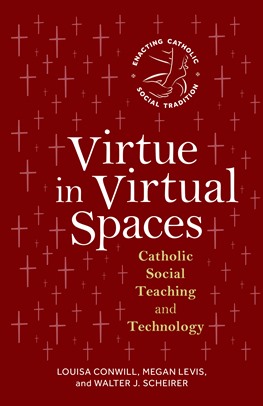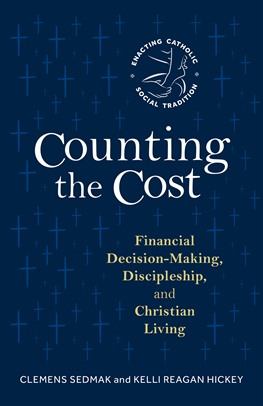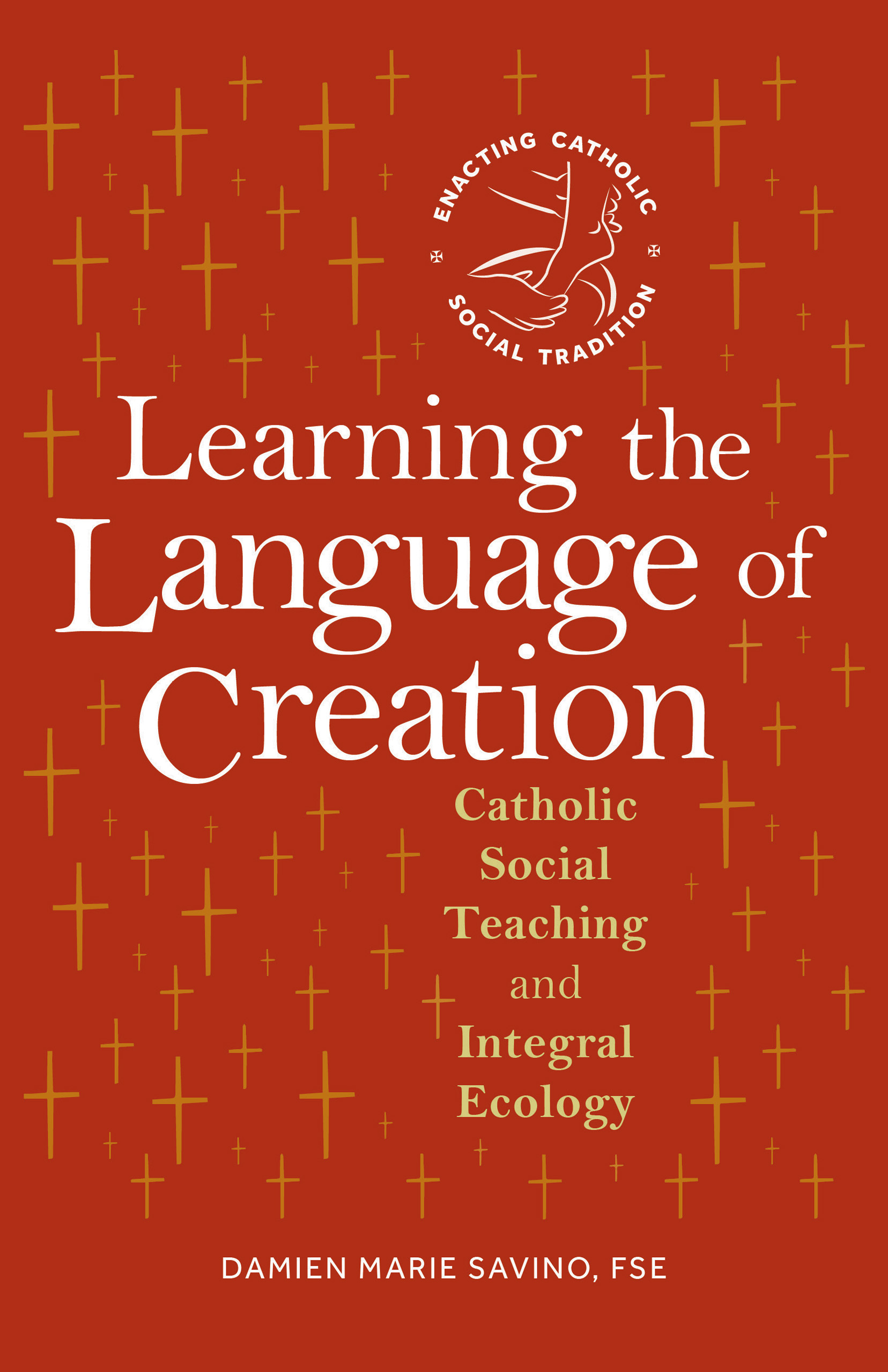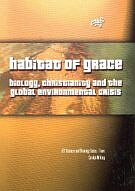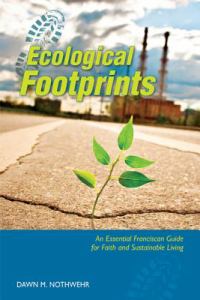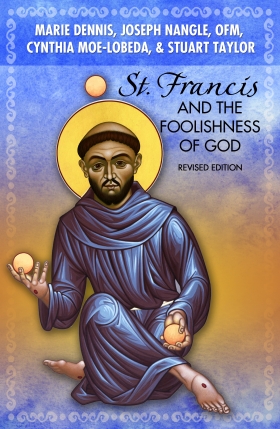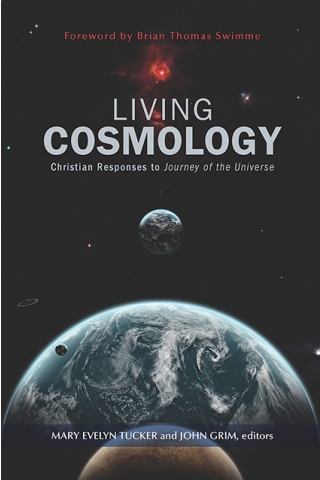This study of the social, economic, and conceptual changes needed on a global level for all of life to flourish in the 21st century begins from the premise that any viable path to sustainability must also be just—whether as norms guiding policy decisions or in the development of a comprehensive ethics of ecology. The scholars whose essays constitute Just Sustainability explore and develop concepts that have emerged in environmental ethics as well as those that have become central to Catholic thought and magisterial teaching in the contexts of economic development, technological innovation, and environmental degradation.
Essays are thematized around particular locations (Part I), global structures (Part II), and theological stances (Part III). Thirty contributors from six continents write from a wide variety of social, ethnic, geographic, and economic backgrounds. Together, these contributors identify pressing issues of environmental degradation, its significant effects, and a range of ethical and moral responses. Just Sustainability represents an important contribution to discourse and discernment in both environmental ethics and ecological theology.
Christiana Z. Peppard is assistant professor of theology, science, and ethics at Fordham University, where she is affiliated faculty in American Studies and Environmental Studies. Recipient of the 2013 Catherine Mowry LaCugna Award from the Catholic Theological Society of America, she is author of Just Water: Theology, Ethics, and the Global Water Crisis.
Andrea Vicini, S.J. is associate professor of moral theology at the Boston College School of Theology and Ministry. His scholarly interests and publications focus on theological bioethics, sustainability, and new biotechnologies. He is the author of the forthcoming Emerging Issues in Theological Bioethics: Global Health, Regenerative Medicine, Neuroscience, Synthetic Biology, Nanotechnology.

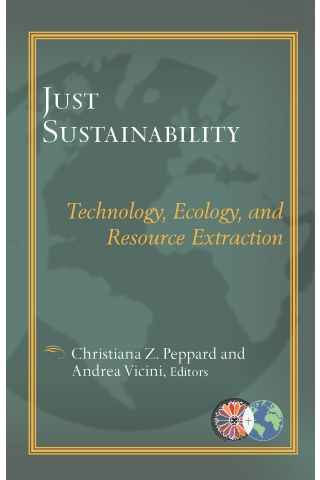
 Back
Back
